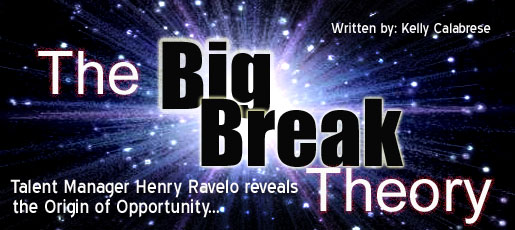For many actors, waiting for the right role can feel endless. But one of the most effective ways to kickstart your career is by creating your own characters and monologues. Not only does this showcase your unique skills, but it also paves the way to producing one-person plays, short films, or even feature films. The best part? You can begin with a simple video monologue to add to your DirectSubmit / NYCastings resume, helping casting directors see your talent. And here’s the secret: Many famous actors have done exactly this to launch their careers.
1. Start with a Purpose: A Video Monologue for Your Resume
If you’ve ever felt like you’re not landing the auditions you want, creating a custom monologue can be a game-changer. By writing a piece that reflects your personality and strengths, you’re crafting a role tailored to you. Filming this monologue and adding it to your DirectSubmit / NYCastings resume is an immediate, practical way to get noticed. Casting directors often want to see something fresh and unique, and a monologue you’ve written yourself can set you apart.
Consider Lena Waithe, who wrote her own material to stand out, eventually leading to her groundbreaking role in Master of None and her Emmy-winning episode. By showcasing her unique voice, she attracted attention and turned a monologue into a career milestone.
2. Character Creation: The Foundation for Larger Projects
Once you have a monologue, don’t stop there. Use it as a foundation to develop a character. Ask yourself questions about this character: What are their dreams? What obstacles do they face? What’s their backstory? As you explore these questions, your monologue can transform from a short piece into something larger, laying the groundwork for a one-person play, a scene for a short film, or even a full-length script.
Phoebe Waller-Bridge started with her one-woman show Fleabag, a character she developed and performed on stage before adapting it into the critically acclaimed TV series. Her decision to expand her character’s story turned into a career-defining hit, inspiring countless actors to take creative control.
3. Experiment with One-Person Plays
Many famous actors have started with one-person shows, where they’ve had full control over the script, staging, and direction. Creating a one-person play based on your monologue and character gives you a chance to dive deep into storytelling. Not only can it be performed on stage, but it’s also perfect for a filmed version that showcases your range.
Consider John Leguizamo, who created one-man shows like Freak and Ghetto Klown, based on characters and stories drawn from his own life. These performances showcased his talent, made him a recognizable name, and paved the way for other acting roles. By transforming a monologue into a one-person play, you’re building a portfolio piece that shows your ability to handle extended dialogue, character transitions, and complex emotions.
4. From Short Film to Feature
As you develop your character, you might envision scenes beyond the monologue or play. This is how many short films and features get started. Building on your original monologue, think of scenes that explore your character’s world — interactions, challenges, and turning points in their story. Before you know it, you might have enough material for a short film, which you can produce on a small budget with a smartphone and basic editing software.
Issa Rae is a great example of this. She started with her web series The Misadventures of Awkward Black Girl, which she wrote, produced, and starred in. Her work gained a following online, eventually leading to her hit HBO series Insecure. Creating a short film or web series around your character allows you to demonstrate your acting and storytelling skills in a complete package, reaching audiences and industry professionals alike.
5. Gaining Confidence and Control over Your Career
Writing, performing, and producing your own work builds confidence in ways traditional auditions might not. When you’re responsible for the vision, you learn the ins and outs of storytelling, character development, and pacing. These skills are incredibly valuable in any professional acting environment. Plus, by creating work, you’re actively controlling your career path rather than waiting for others to cast you in roles.
6. Putting Your Work Out There
Once you’ve created something, don’t keep it hidden. Post your video monologues and short films online, share them with your acting network, and include them in your DirectSubmit / NYCastings profile. Showing your work not only opens doors but also connects you with fellow creatives who may want to collaborate.
Consider submitting your short films to festivals or social media platforms. Vertical dramas and short videos are highly popular, and sharing your work in these formats can help you build a following and attract new opportunities.
Final Thoughts: Start Small, Dream Big
Creating your own monologues and characters might seem like a small step, but it’s a powerful one. From a video monologue on your DirectSubmit / NYCastings resume to a full-blown feature film, every piece you create is a stepping stone toward building a career that reflects your unique voice. Remember, many of today’s most successful actors didn’t wait for a role to come their way; they created it themselves.
So, start writing, start filming, and take control of your journey in the industry. Your next big break might be the character you create today.







